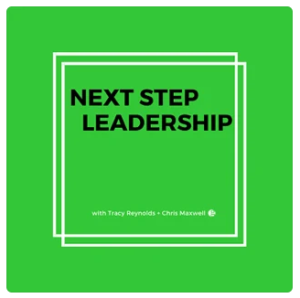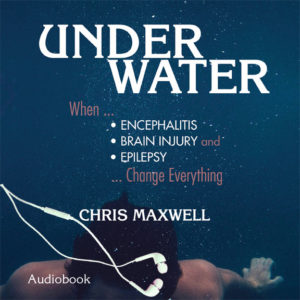From the book Pause for Pastors: Finding Still Waters in the Storm of Ministry.
They asked me to change clothes. Actually, to take off most of what I had on and to replace it only with shorts and a gown. Not my normal dress code.
But I wasn’t entering a normal place.
They placed this body on a table, hit drive, and coasted me into a closed, small, tight tunnel so they could investigate my brain. The cruise was brief; the stay in the cave was forty-five minutes; the noise kept me awake. And—yes, I admit I’m a little strange—I enjoyed the experience.
No, I don’t desire to return to my tunnel tomorrow. Yes, I hope future magnetic resonance imaging (MRI) moments are few. But, as the expensive box investigated the status of my left temporal lobe, those brain cells under inspection continued thinking about life, about friends, about dreams, about prayers. They thought about thinking.
I thought about MRIs in the past, when my neurologist was more concerned about results than most of us are about this one. I thought about how I was having an MRI on my mother’s birthday, wondering what brains look like in her home up in heaven. I thought about songs and poems, about doubts and beliefs, about what might have been if I had never improved from that status of ten years before in the world of my first MRI.
Words I had read in the waiting room and words I heard voiced by workers had different meanings in my mind. I thought of more than my mind: development, imaging, compatible devices, molecular level, intelligent code, identifying, diagnosing, design, user friendly, efficient graphical interfaces, newly developed software. I took notes before and after my moments there, not during.
But, spiritually, do our minds develop as they should? How hard do we work to lure them into the suitable tunnels? Isn’t it up to us to pause the brains as they venture, to lure them toward proper imaging and design, to set appropriate levels of efficient interfacing? Can’t meditation and forgiveness and silence and worship and deep study develop new software? Isn’t surrendering and lying in a cave a lesson useful for people like me who seek to stay in control, in charge, and comfortable?
Possibly, the uncomfortable beds of life and ministry can do more than reveal and offer a diagnosis. They can coach us regarding the importance of pausing. They can remind us we are being observed. They can remind us that not everything is under our control after all. They can remind us that we can choose how to respond to whatever test results arrive.
And they might be able to—with something other than radio frequency waves and a strong magnetic field—provide remarkably clear and detailed pictures about how each of us are called for such a time as this to be world-changers.










Awesome! How you & your family are doing well!